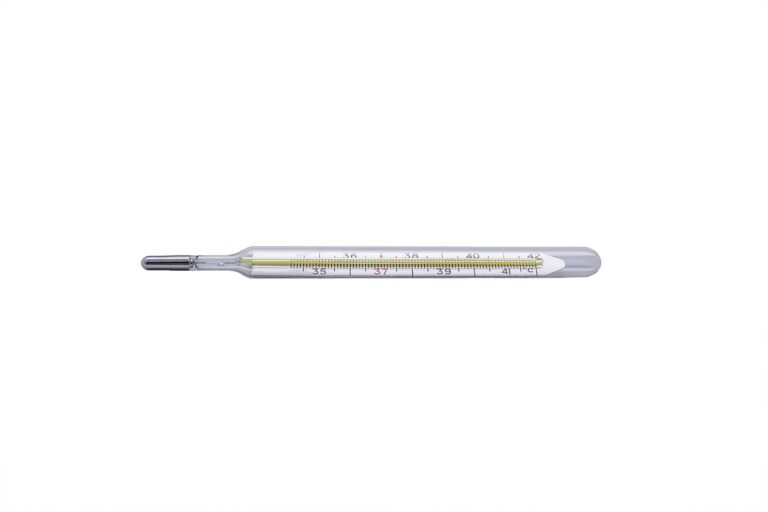The Impact of Sleep Apnea on Heart Health: 11xplay reddy login, Reddy anna, Golden 777 login
11xplay reddy login, reddy anna, golden 777 login: Sleep apnea is a common sleep disorder that affects millions of people around the world. It is characterized by pauses in breathing or shallow breathing during sleep, which can lead to poor quality sleep and a range of health issues. One of the most serious impacts of sleep apnea is its effect on heart health.
When someone has sleep apnea, their breathing stops and starts repeatedly throughout the night. This can lead to a decrease in the oxygen levels in the blood, putting a strain on the heart. Over time, this strain can increase the risk of developing cardiovascular issues such as high blood pressure, heart disease, and even stroke.
Here are some ways in which sleep apnea can impact heart health:
1. High blood pressure: Sleep apnea is closely linked to high blood pressure, also known as hypertension. When breathing pauses during sleep, the body’s oxygen levels drop, leading to an increase in blood pressure. Over time, this can contribute to the development of hypertension, a major risk factor for heart disease.
2. Heart disease: Untreated sleep apnea can also increase the risk of developing heart disease. The constant fluctuations in oxygen levels and stress on the heart can lead to the buildup of plaque in the arteries, which can restrict blood flow and increase the risk of heart attacks and other cardiac events.
3. Arrhythmias: Sleep apnea has been associated with an increased risk of developing irregular heart rhythms, also known as arrhythmias. These abnormal heartbeats can disrupt the flow of blood through the heart and increase the risk of complications such as stroke or heart failure.
4. Stroke: Individuals with sleep apnea are at a higher risk of suffering a stroke compared to those without the disorder. The interrupted breathing patterns and decreased oxygen levels in the blood can lead to the formation of blood clots, increasing the risk of stroke.
5. Heart failure: Sleep apnea can also contribute to the development of heart failure, a condition in which the heart is unable to pump enough blood to meet the body’s needs. The strain placed on the heart from frequent breathing pauses during sleep can weaken the heart muscle over time, leading to heart failure.
6. Increased risk of death: Sleep apnea has been linked to an increased risk of premature death, particularly from cardiovascular causes. Individuals with untreated sleep apnea have a higher chance of experiencing a heart attack, stroke, or other serious heart-related events.
It is essential for individuals with sleep apnea to seek treatment to reduce the impact of the disorder on their heart health. Continuous positive airway pressure (CPAP) therapy is one of the most common treatments for sleep apnea, which involves wearing a mask connected to a machine that delivers a continuous flow of air pressure to keep the airways open during sleep.
FAQs:
Q: Can sleep apnea lead to a heart attack?
A: Yes, untreated sleep apnea can increase the risk of experiencing a heart attack due to the strain it puts on the heart and the cardiovascular system.
Q: How can I reduce my risk of heart issues if I have sleep apnea?
A: Seeking treatment for sleep apnea, such as CPAP therapy, can help reduce the impact of the disorder on your heart health. Additionally, maintaining a healthy lifestyle with regular exercise, a balanced diet, and avoiding smoking can also help lower your risk of heart issues.
Q: Are there any warning signs of sleep apnea that I should watch out for?
A: Some common signs of sleep apnea include loud snoring, daytime fatigue, morning headaches, and irritability. If you or a loved one experience these symptoms, it may be worth discussing them with a healthcare provider to determine if further evaluation for sleep apnea is necessary.
In conclusion, sleep apnea can have a significant impact on heart health, increasing the risk of high blood pressure, heart disease, arrhythmias, stroke, heart failure, and premature death. Seeking treatment for sleep apnea is essential to reduce the risk of these complications and protect your heart health. If you suspect that you or a loved one may have sleep apnea, don’t hesitate to speak with a healthcare provider to explore treatment options and improve sleep quality and overall health.







